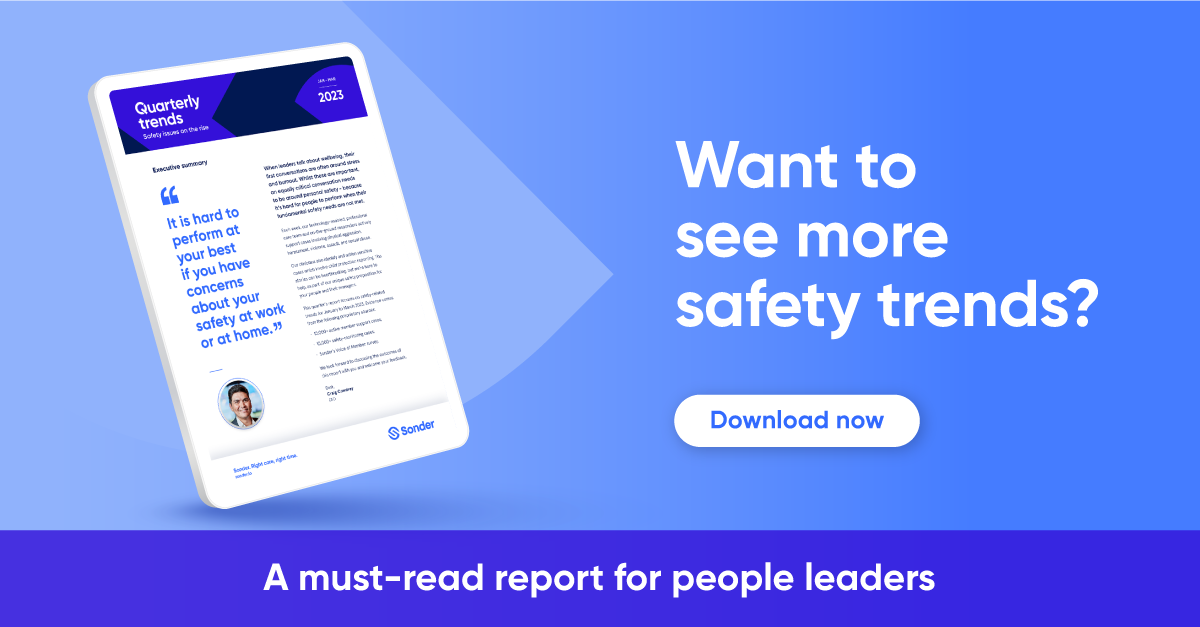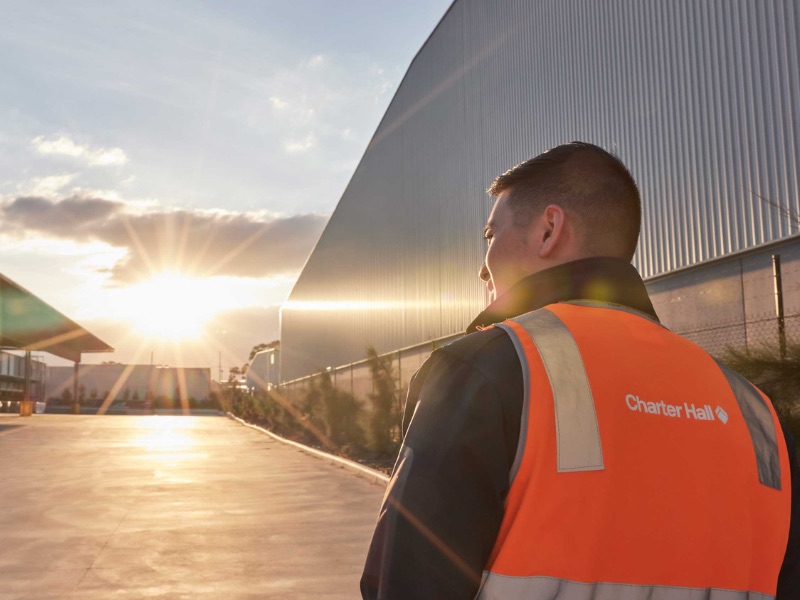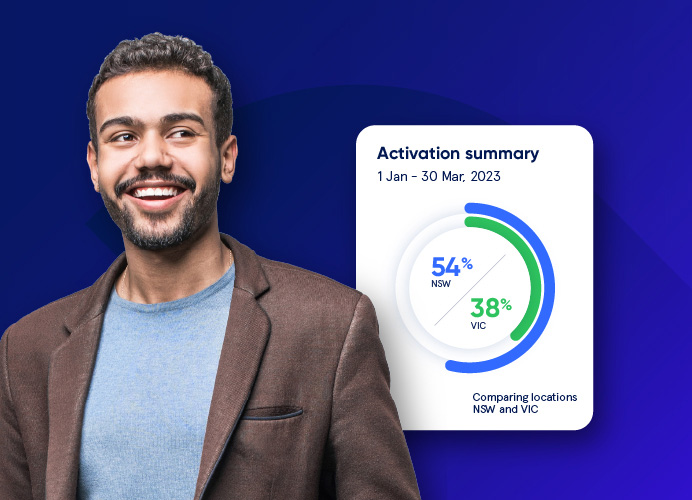What did we learn from three million safety notices?

Insights.
According to Maslow's hierarchy of needs, safety is fundamental. Maslow's "A Theory of Motivation" argues that unless people satisfy basic physiological and safety needs, they aren't motivated to acquire emotions such as belonging and love, esteem needs, or self-actualisation. Logic follows they aren't likely to be motivated to perform their best at work either.
How safe that people feel, both in and out of the workplace, directly impacts employee wellbeing, engagement, and productivity - which ultimately impacts how a business performs.
This is why we work with our customers to keep their employees safe 24/7 - both in and out of the workplace. In addition to critical incident support, we provide a comprehensive range of personal safety support benefits - including direct-to-employee safety notices.
Each quarter, we proactively send safety notices to help our members avoid safety-related incidents. Our safety intelligence team works around the clock to monitor environmental concerns and keep our members informed.
This post discusses the trends we observed last quarter across the 3,373,449 safety notices we sent to help keep people safe.
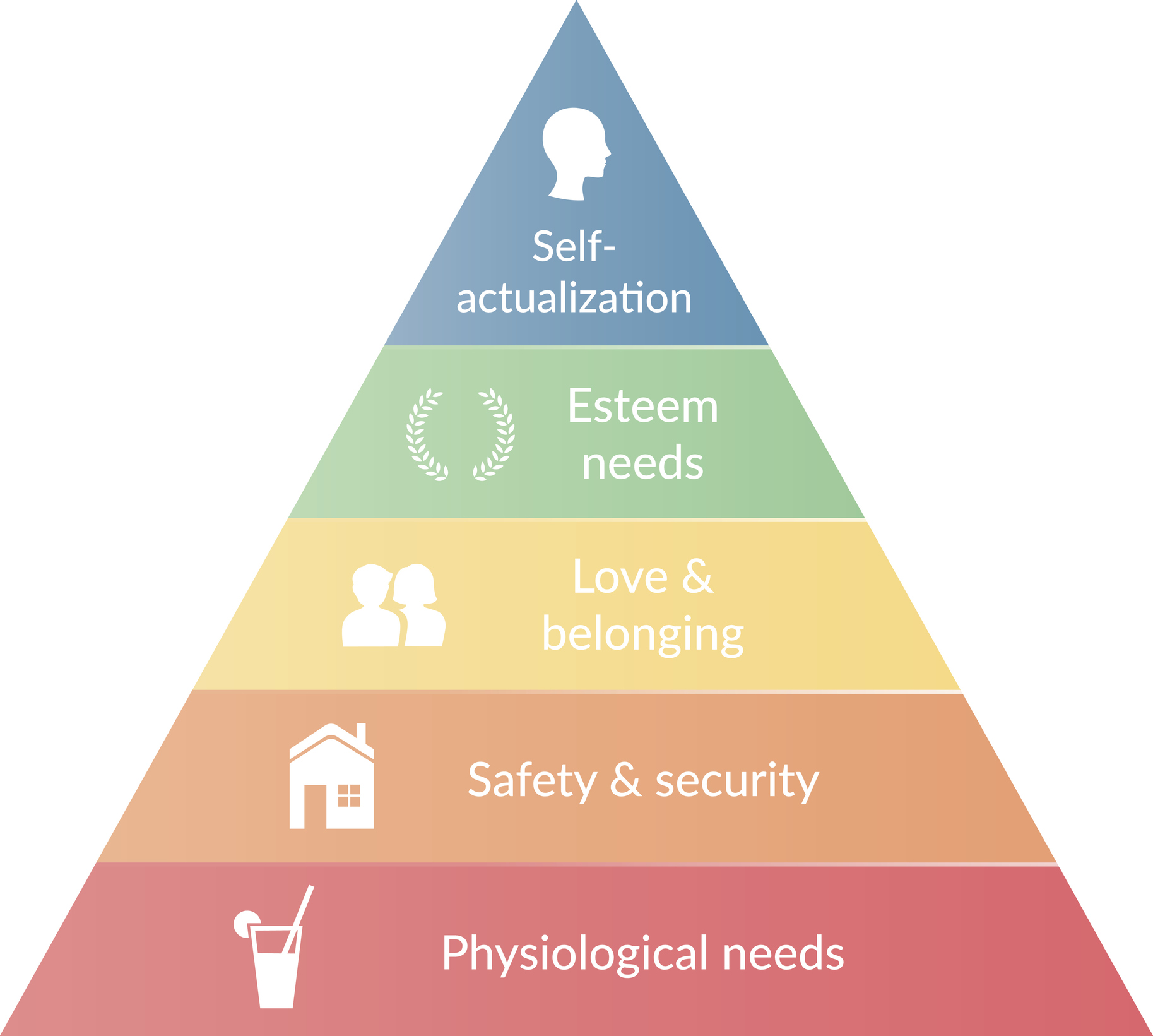
Maslow's hierarchy of needs
How does Sonder send safety notices?
To understand the trends we observed last quarter, it's perhaps first important to explain how Sonder sends safety notices.
In short, if a member consents to share their geo-location, and has their Sonder notifications turned on, we send invaluable safety notices to their mobile phone to help them avoid traffic jams, public transportation delays, police incidents, and dangerous weather situations (such as floods, fires, and cyclones).
Sent in real-time (when time-sensitive), our safety notices give members the confidence they need to go about their daily lives, knowing that we're looking out for their safety, 24/7.
This quick video helps to further explain:

Safety notices (January to March 2023)
Last quarter, we sent nearly four million safety notices to help keep members safe. More than 300,000 were safety notifications, and the remainder were non-urgent.
Urgent safety notices are defined as time-sensitive information sent to all affected members immediately.
Non-urgent safety notices are defined as general/FYI notifications sent over a longer period of time.
The top three topics for our urgent safety notices were severe weather, traffic incidents, and protest rallies.
Next on the list were public transportation disruptions, general safety notices, fire alerts, health warnings, chemical hazards, flood warnings, and police operations.
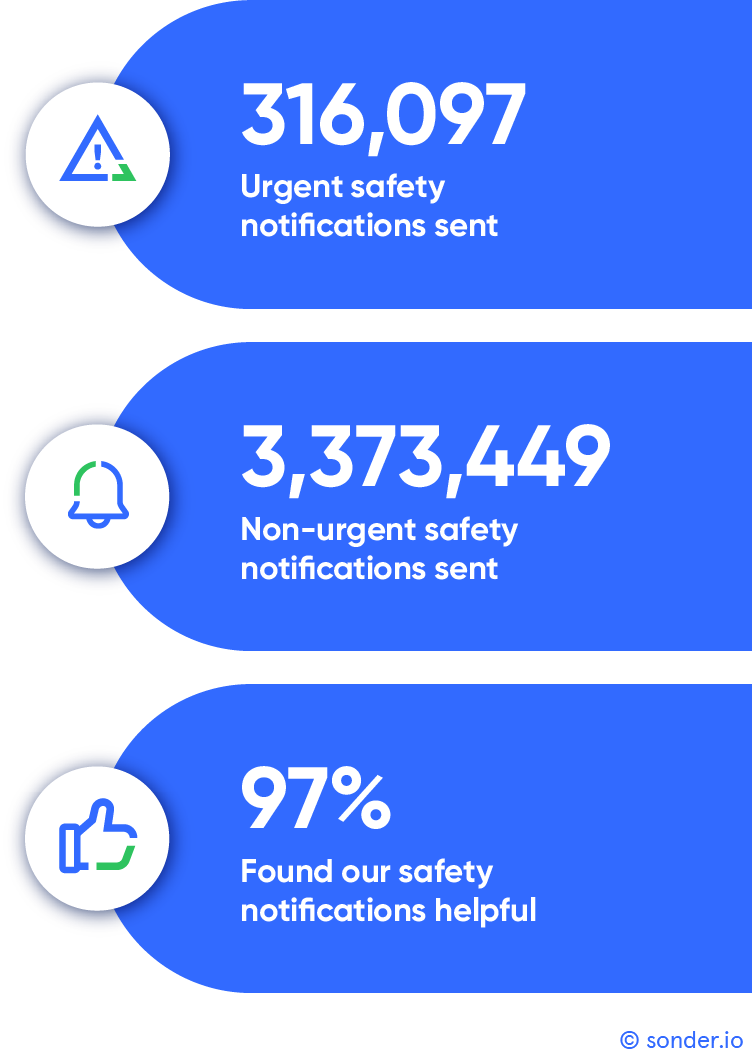
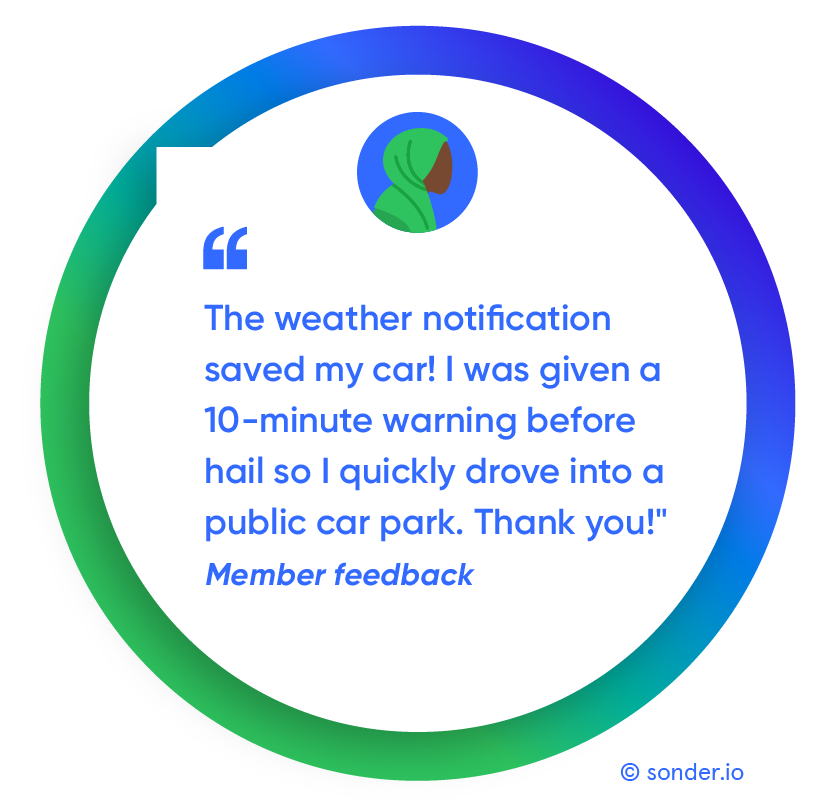
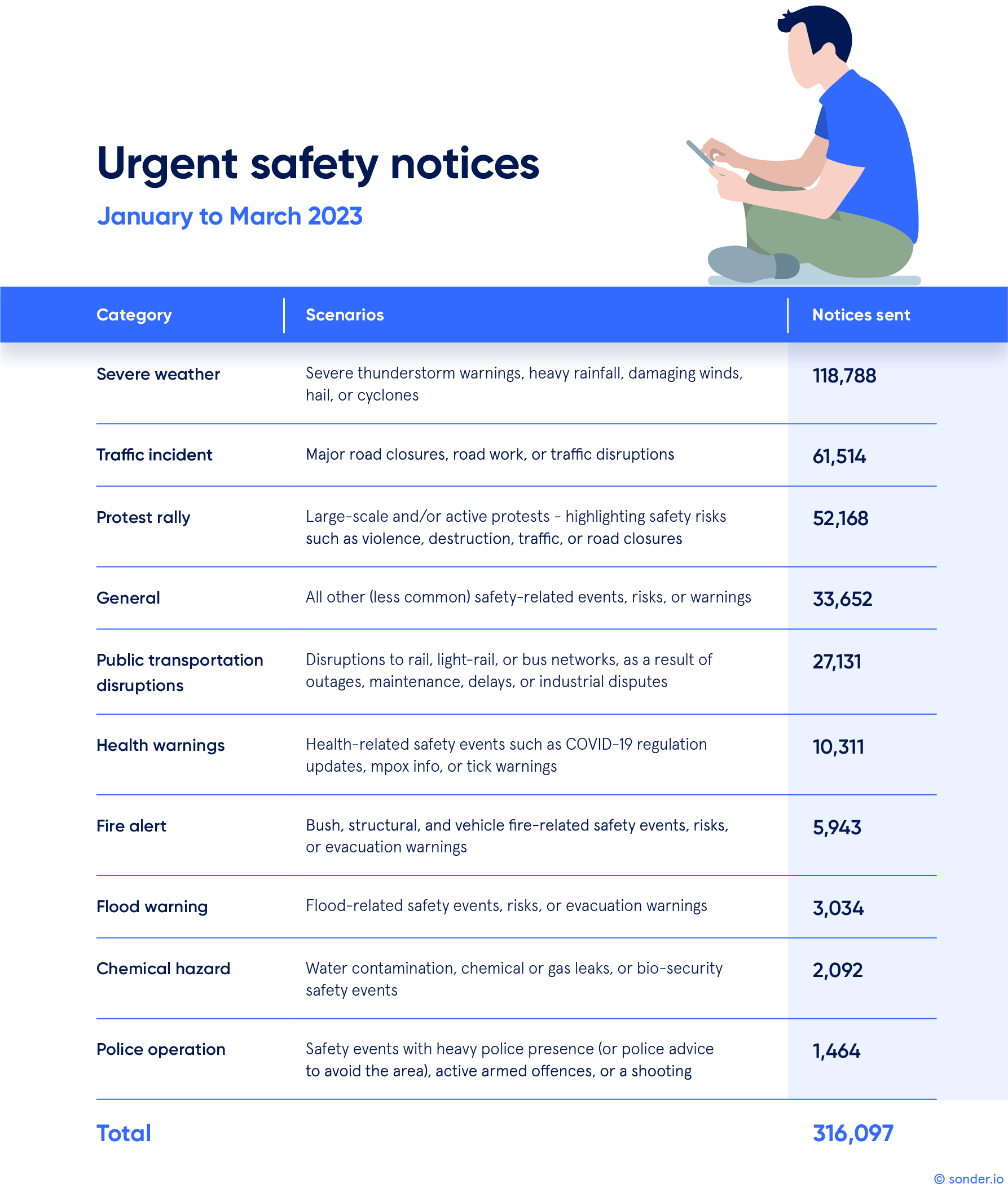
What do these statistics mean for your organisation?
These safety notice statistics provide a reminder that each day can bring unexpected events that can send plans awry. From severe weather to traffic incidents, from protest rallies to public transportation disruptions, it's hard to predict what will unfold. But it is possible to get an early heads up as events unfold so you can better keep your people out of harm's way.
Here are some suggested actions for people leaders:
- Forewarned is forearmed. Safety monitoring services can give your employees peace of mind and help them avoid high-risk situations. Lean into these tools and encourage your employees and managers to do the same. In addition, look for a provider that can provide on-demand support (in-person if needed) if your employees are involved in a dangerous situation either at work or at home.
- Create cut-through messages. Safety is such a critical topic that many organisations find themselves falling into the fire hose trap - overloading people with information they can't absorb or act on all at once. Whilst it's always important to reiterate key information, it's equally important to test that critical messages are cutting through and people know how/what/where/when to seek support if they are feeling unsafe.
- Review your existing EAP offering. Ask your current provider for an explanation of their safety support offerings - beyond only critical incident responses - so you know how and when your people's safety will be supported, because as our CEO Craig Cowdrey says, "It is hard to perform at your best if you have concerns about your safety at work or at home."
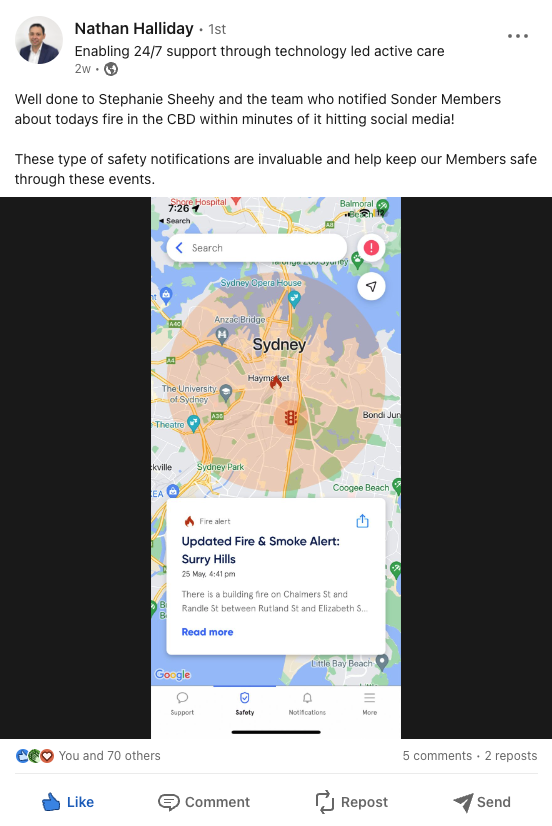
Download our safety trends report
Our Quarterly trends report details all of the safety trends we observed last quarter. It includes data about personal safety support, urgent safety notices, child protection cases, and much more. We invite you to download a full copy here.
Want to learn more?
For more information about how Sonder can help you rethink your employee and/or student support, we invite you to contact us here.
About Sonder
Sonder is an Active Care technology company that helps organisations improve the wellbeing of their people so they perform at their best. Our mobile app provides immediate, 24/7 support from a team of safety, medical, and mental health professionals - plus onsite help for time-sensitive scenarios. Accredited by the Australian Council on Healthcare Standards (ACHS), our platform gives leaders the insights they need to act on tomorrow's wellbeing challenges today.
Related posts
There's so much more to share
Sonder is reimagining health, safety and wellbeing support. Sonder proves human centric care leads to earlier intervention. Sonder impacts one person at a time to drive meaningful change across an organisation. Sonder understands people and how to support them.

